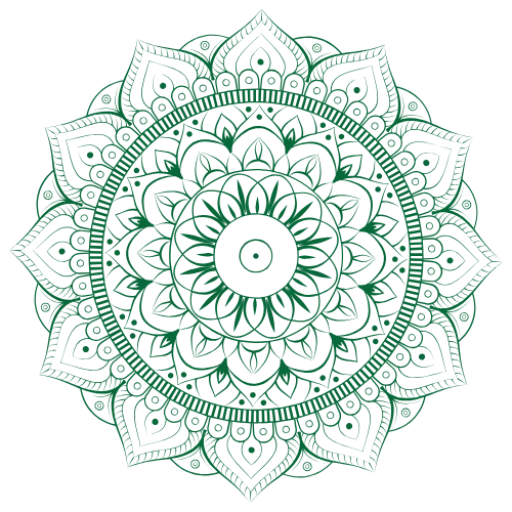Written by Sophie Nusselder for Parimukti
In this article I’ll introduce you to the transactional analysis. How do I apply this theory in life and how can a yogateacher apply this theory? Also you can read an interview with Angelica Macky; one of our teachers at Parimukti. What is the art of teaching according to her?
This article consists of 4 parts:
1: Parent, child, adult nature
2.Three ego states
3.Mico, meso, macro yogic lifestyle?
4 How does a yoga teacher apply this theory?
Picture 1: www.ericberne.com
Today you can read Part 2: three ego states
First of all we have the “ parent state”. This state contains the attitudes, feelings and behaviour incorporated from external sources, primarily parents. In outward behaviour it is divided into two parts. The nurturing parent: concerned with caring, loving, helping and the controlling parent: criticising, censoring, punishing.
When one is in the “parent” state, one responds automatically, almost as if one has a tape recording playing in the head. Everyone has Parent tapes – some are helpful – they enable us to carry out routine tasks automatically without having to think too much about them. Other tapes can create problems – if a Parent tape is triggered automatically in an inappropriate situation.
Secondly there is the “adult state”. This state has nothing to do with the person’s age. It contains those behaviors concerned with collecting information, organizing and analyzing. It operates dispassionately and without emotion.
Third there is the “child state”. This state contains all the impulses that come naturally to an infant. But just as the Parent has different aspects, so does the Child. The Child develops into three parts – the Natural Child, Adapted Child and Little Professor.
1.“ The natural child” is spontaneous, energetic, curious, loving and uninhibited. It is the part of you that feels free and loves pleasure. In the natural child you transact freely and openly with others. It is just like the newborn baby that responds with love and affection when its needs are met, and angry rebellion when they aren’t.
2.“Adapted Child”: your Adapted Child developed when you learned to change (adapt) your feelings and behavior in response to the world around you. Learned feelings of guilt, fear, depression, anxiety, envy and pride are all characteristic of the Adapted Child. It is through such adaptations that we become socialized and learn, for example, to share, to take turns and be friendly. We must learn these skills to get along socially – saying ‘please’, ‘thank you’ and ‘I’m sorry’. On the other hand; the Adapted Child can become a troublesome part of our personality. In the Adapted Child state people often react to external demands by: complying, sulking and avoiding situations. The Adapted Child may: try to please everyone, turn its back on people with problems or put off work until a deadline passes. It is the part of us that may feel not OK if we are: frightened of speaking before a group, depressed when someone criticizes our work, hurt when things don’t go our way at a meeting, or anxious when important deadlines confront us.
3.Little Professor is the ‘thinking’ part of the Child – it is creative, intuitive and manipulative. The Little Professor can: dream up new ideas, intuitively sense how to solve a problem and imagine new ideas. The little professor is the part that knows when to cry, when to look pathetic or winsome and/or to get what it wants.
Recognising Ego States
With a little practice and basic understanding of the Parent Adult Child states (PAC) outlined above it is not too difficult to recognize your ego state in a situation.
This theory helps me to become more conscious of times when I exaggerate my parent state and repress my “ natural child state”. Example: About eight years ago I was doing an internship at the office of a theatre company Amsterdam. When actors I admired showed up at the office, shyness blocked me and I wasn’t able to talk to them. I suppose that if I would have loved and appreciate myself that time the way I do now; it would have been more relaxed to communicate with them. Surely I would have had way more fun at the office!
This theory is also useful for me to become more familiar with my adapted child.
I am a person who loves to be in touch with other people. I love to have good conversations, cook and eat, doing sports outside together etcetera. While being with them it’s important to stay true to myself instead of wanting to ” please” them.
Tomorrow you can read more about how I do apply this theory in life. Also I’ll share with you what a yogic lifestyle on micro, meso and macro level means for me. Namaste.

